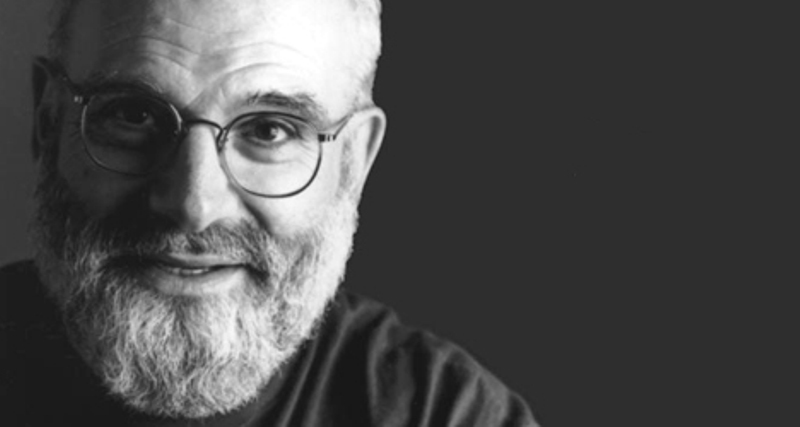
Dr. Oliver Sacks understood that “when people die, they cannot be replaced. They leave holes that cannot be filled, for it is the fate—the genetic and neural fate—of every human being to be a unique individual, to find his own path, to live his own life, to die his own death.”
With yesterday’s death of the acclaimed neurologist, who illuminated for a wide audience some of the brain’s most evocative pathways in best-selling case histories like The Man Who Mistook His Wife for a Hat, the hole left behind is noteworthy.
Passing in his Manhattan home, Dr. Sacks, 82, announced in February that he was in the late stages of terminal cancer stemming from an ocular tumor. Robert De Niro, who starred with Robin Williams in 1990‘s Awakenings, based on Sacks’ first book, expressed his admiration to PEOPLE magazine.
“He was a remarkable doctor who made extraordinary contributions to medical science and to society,” De Niro said in a statement. “Oliver looked into the human mind and found beauty. He shared his insights with the world and made the world a better place. There is no one to take his place.”
Dr. Sacks first won widespread attention in 1973 for Awakenings, a book about a group of patients with an atypical form of encephalitis at Beth Abraham Hospital. Many of the patients had been catatonic, locked inside themselves for decades as a result of their “sleeping sickness.” Dr. Sacks gave them the drug L-dopa and watched as they woke up in a world they failed to recognize.
Prior writing to the book, Dr. Sacks had consumed massive quantities of LSD, speed, and other drugs. He recorded his experiences in Hallucinations, as reported on for The Fix. The day he took up writing as a venture, Dr. Sacks quit drugs for good and never looked back.
Dr. Sacks described his books and essays as scientific explorations, case histories, clinical tales, and “neurological novels.” Achieving a level of popular renown rare among scientists, more than a million copies of his books are currently in print. Although his subjects, like the man who mistook his wife for a hat, were often portrayed as comical, Dr. Sacks treated them with a deep sense of empathy and human context that elevated their challenges.
“I cannot pretend I am without fear,” Sacks wrote of mortality in a New York Times Op-Ed piece. “But my predominant feeling is one of gratitude. I have loved and been loved; I have been given much and I have given something in return; I have read and traveled and thought and written.”
